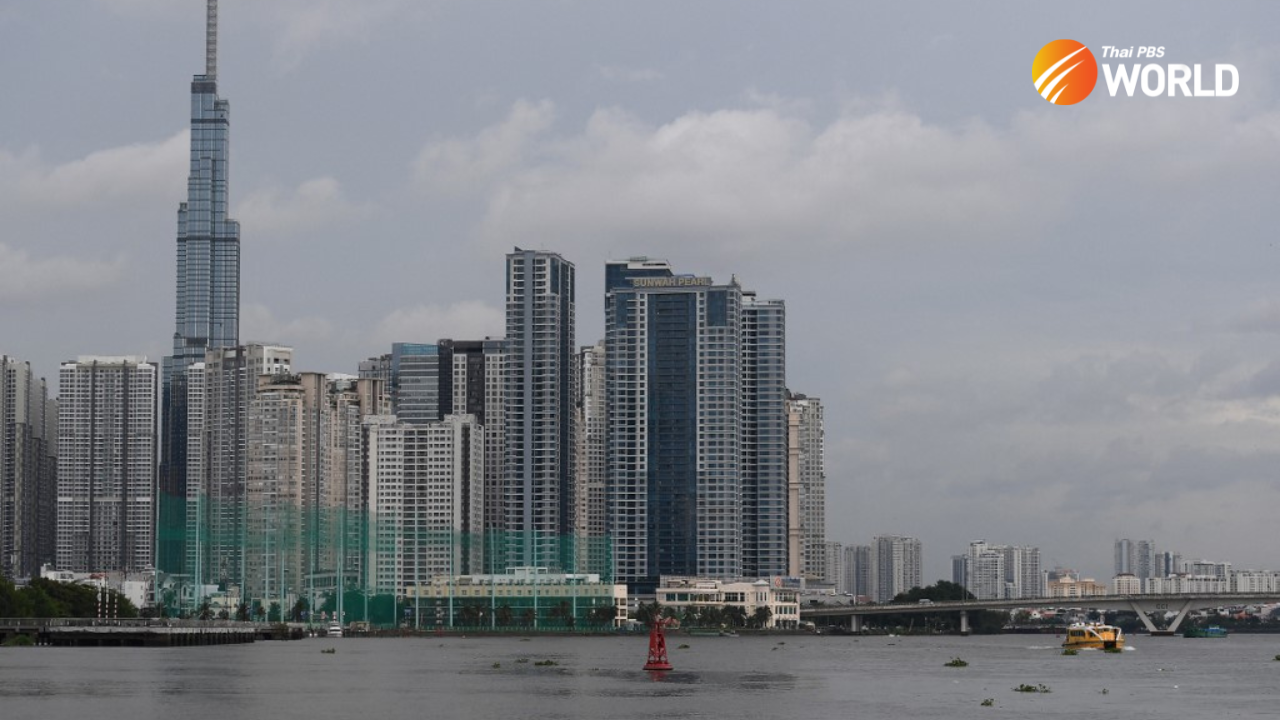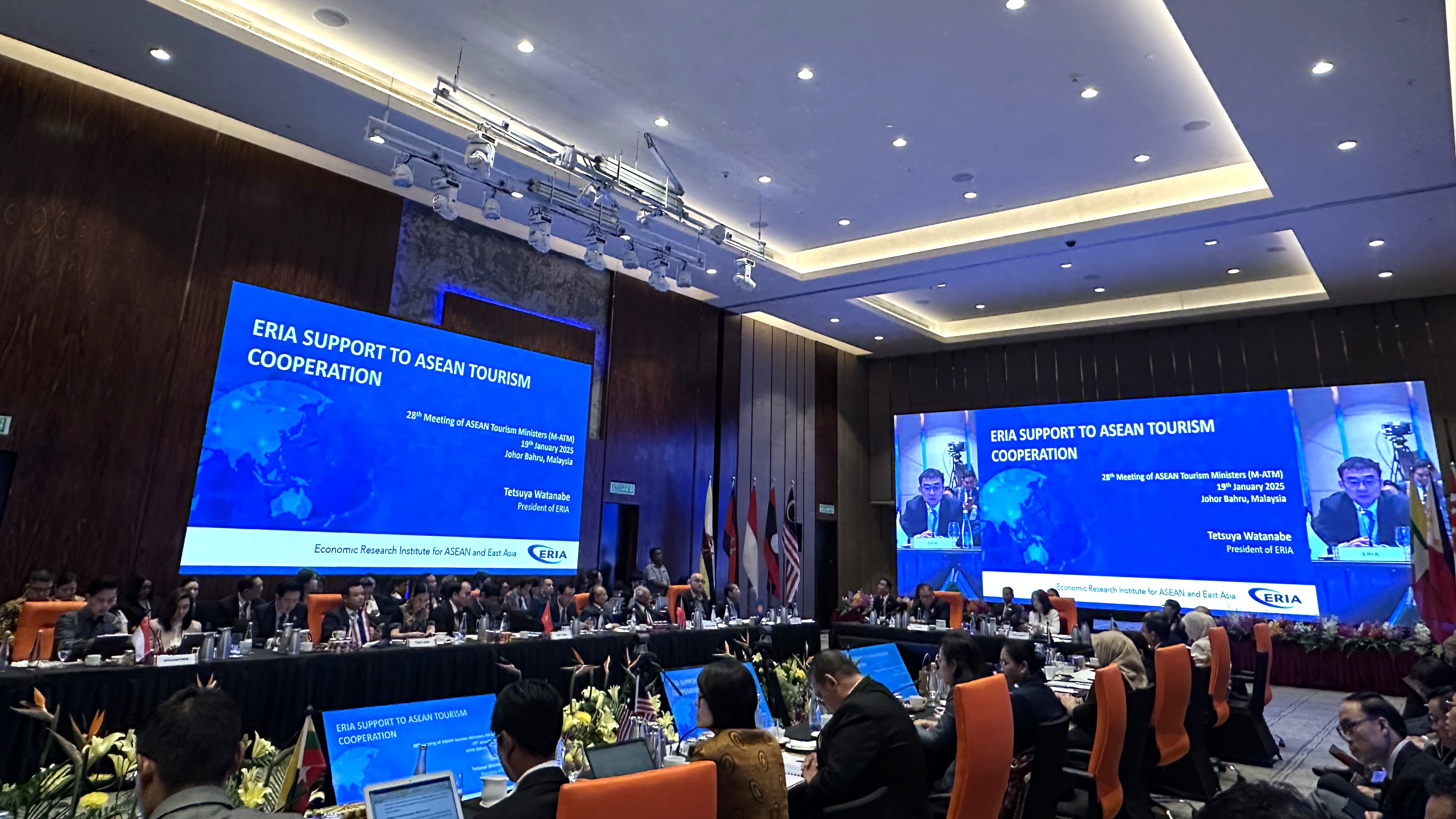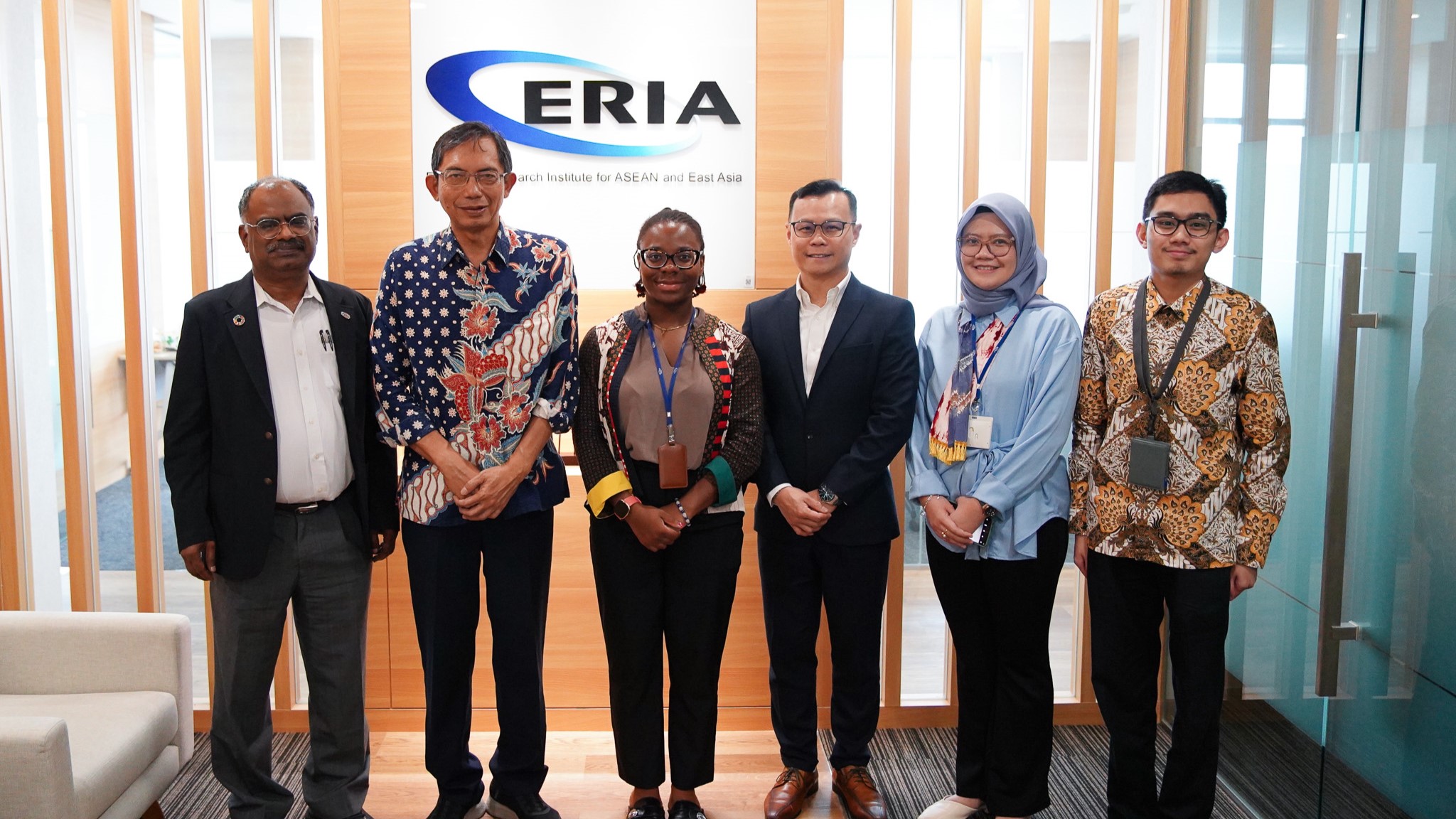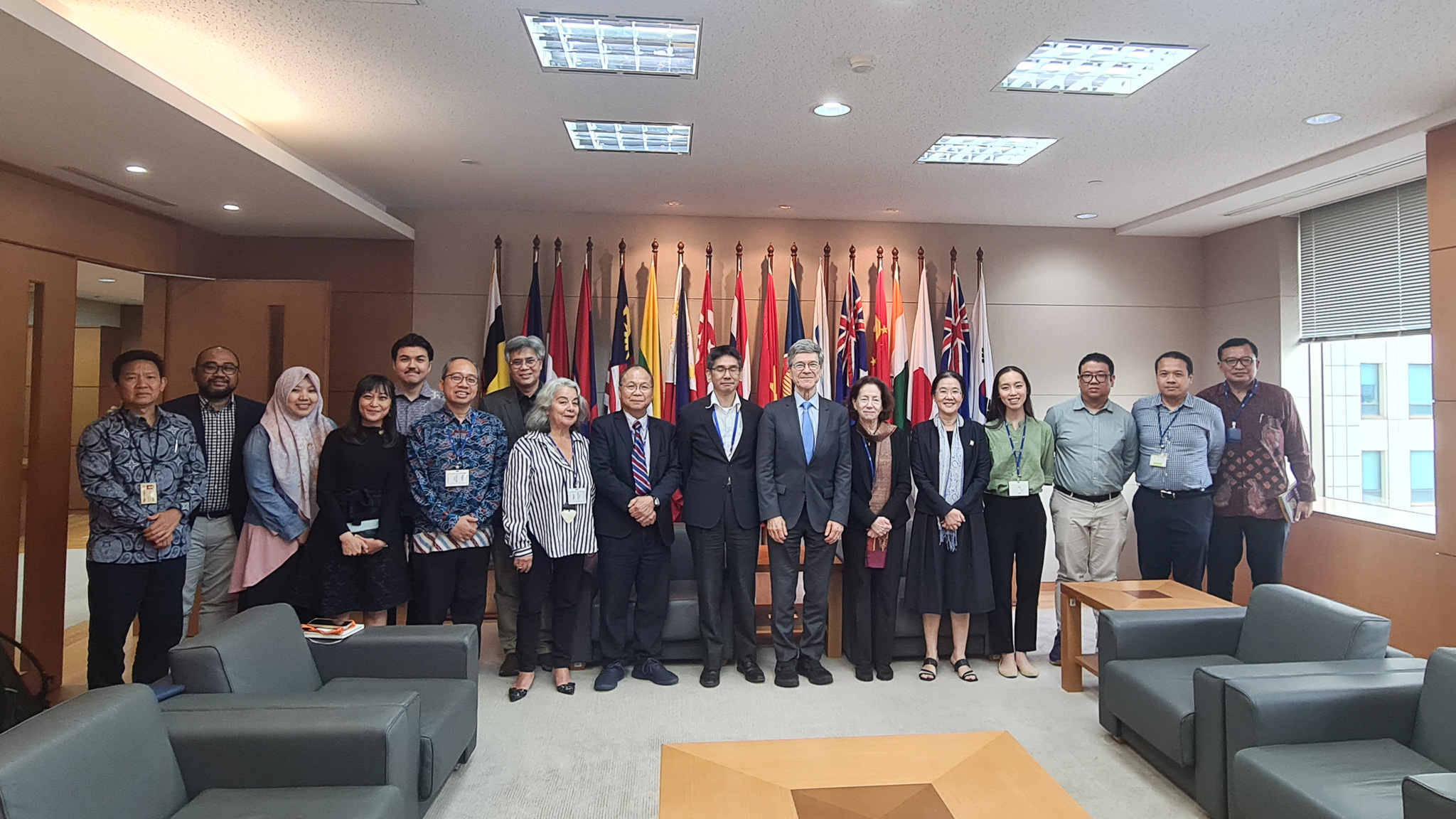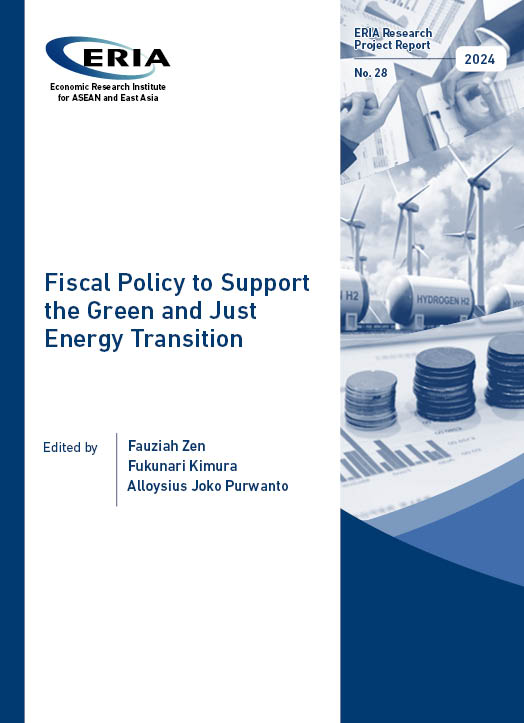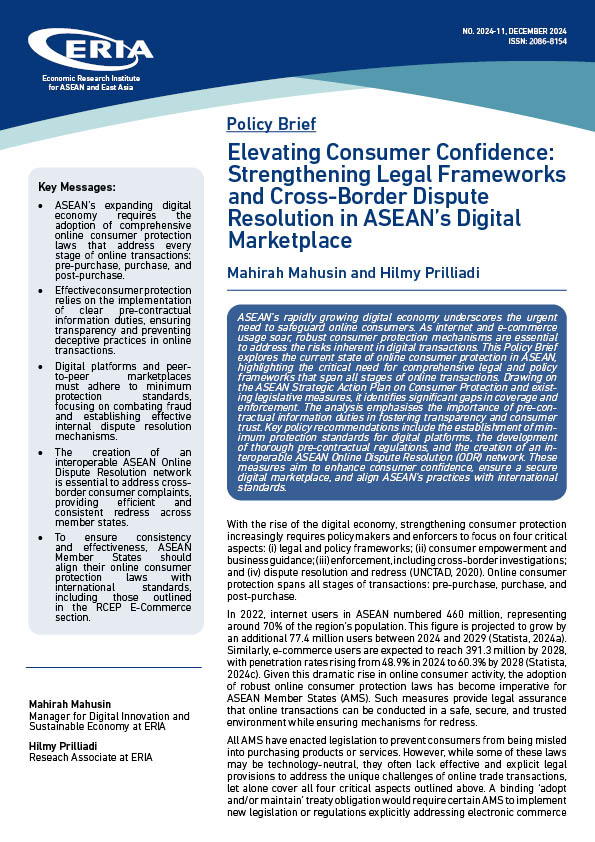Vietnam Boosts “Bamboo Diplomacy“
Date:
4 February 2023Category:
OpinionsTopics:
-Share Article:
Print Article:
By Mr Kavi Chongkittavorn, Senior Communications Advisor: After the dramatic Cabinet shake-up over the past several weeks, Vietnam has been quick to restore confidence in its external relations with allies and friends, near and far. It is part of the country’s bamboo diplomacy, aiming to display pragmatism and independence in the foreign policy realm. It is surprising that Prime Minister Pham Minh Chinh is visiting Singapore and Brunei Darussalam next week. His first stopover in Singapore will be closely watched.
Over the past five decades, the relationship between Vietnam and Singapore has been consolidated and has become one of the region’s most effective strategic partnerships. Both are key ASEAN members and enjoy close ties with the US, especially under the current Biden administration. Furthermore, they also share a common security outlook, both regionally and internationally, despite some of their differences on global conflicts.
Chinh is visiting Singapore on February 7th through 9th, a trip that comes in the wake of the recent shake-up within the Vietnam political elite. President Nguyen Xuan Phuc resigned from his position due to COVID-19 related scandals. Earlier, both Deputy Prime Minister Pham Minh Binh and his colleague, Deputy Prime Vu Duc Dam, were also removed from the party and their positions, following the bribery cases over repatriation flights for overseas Vietnamese. All decisions were approved by the National Assembly.
Therefore, it is a good time for Binh to meet up with his counterpart in Singapore, to reaffirm their longstanding commitment to peace and stability in the region. Most importantly, Vietnam wants to reassure foreign investors that the country is open for further investment in the post-pandemic era. Furthermore, the visit marks the 50th anniversary of Vietnam-Singapore relations.
Since joining ASEAN in 1995, Vietnam has been quite successful in integrating with the grouping, especially in the economic pillar, as well as in normalizing bilateral ties and creating new ones. To date, Vietnam has diplomatic ties with 189 of the 193 UN members. More specifically, Hanoi has both strategic partners and comprehensive partners, including the 5 members of the UN Security Council and the G7, as well as 17 of the 20 biggest economies of the G20.
Even though Vietnam has a socialist-oriented market economy, its economic policies and directions are very open to foreign direct investment. Among the mainland Southeast Asian countries, Vietnam has the most intensive economic linkages, with 17 free trade agreements. In comparison, Thailand has only 7 free trade arrangements. Last year, Vietnam attracted around US$22.40 billion, double the amount of investment in Thailand.
As the first country of the former members of Indochina to join ASEAN, Vietnam served as a role model for other new members to follow. During Vietnam’s chairmanship in 2020, great efforts were focused on the bloc’s effectiveness incountering the spread of coronavirus and its negative impacts.
Now, after 28 years, Vietnam is playing an active role in promoting ASEAN centrality and economic cooperation, as well as reducing the gaps between the old and new members. Through its expansive economic cooperation and free trade deals in the past two decades, Vietnam has been learning from countries with advanced economies, especially Singapore.
Singapore is currently Vietnam’s largest investor in ASEANand also ranked second among 140 countries. As of last May, the island republic had 3,003 projects in Vietnam, with a total value of about US$70 billion. These investments were spread over 51 provinces and cities throughout Vietnam, concentrating on the manufacturing, processing and real estate sectors, as well as the production and distribution of electricity, gas and water.
One of the landmark projects has been the Vietnam-Singapore Industrial Park, which has attracted nearly 1,000 enterprises,including about 80% of foreign investment projects, directly creating nearly 300,000 jobs.
What has made the Vietnam-Singapore relationship unique, however, has been their cooperation in defence and security, with both countries maintaining high-level exchanges of senior officials and strategic dialogue. Within ASEAN, it is well-known that these two countries share similar perspectives on major powers’ rivalries and their implications for the region. They strongly support ASEAN centrality and further engagement with all dialogue partners.
In the US Interim Nation Security Strategy report, both Singapore and Vietnam were highlighted as an important strategic partnership in the Indo-Pacific. Given their similar outlook on free trade and multilateral cooperation, Singapore and Vietnam have been working closely to promote the bloc’s central role and common voice in regional and international fora.
As members of the Comprehensive and Progressive Agreement for Trans-Pacific Partnership and the Regional Economic Partnership, Singapore and Vietnam are benefitting from the new-generation of free trade agreements.
This opinion piece was written by ERIA's Senior Communications Advisor, Mr Kavi Chongkittavorn, and has been published in Thai PBS. Click here to subscribe to the monthly newsletter.
Disclaimer: The views expressed are purely those of the authors and may not in any circumstances be regarded as stating an official position of the Economic Research Institute for ASEAN and East Asia.
Photo: A canoe passes through a new urban area of the Saigon River in Ho Chi Minh City on September 22, 2022. (Photo by Nhac NGUYEN / AFP) (Photo Credit)
